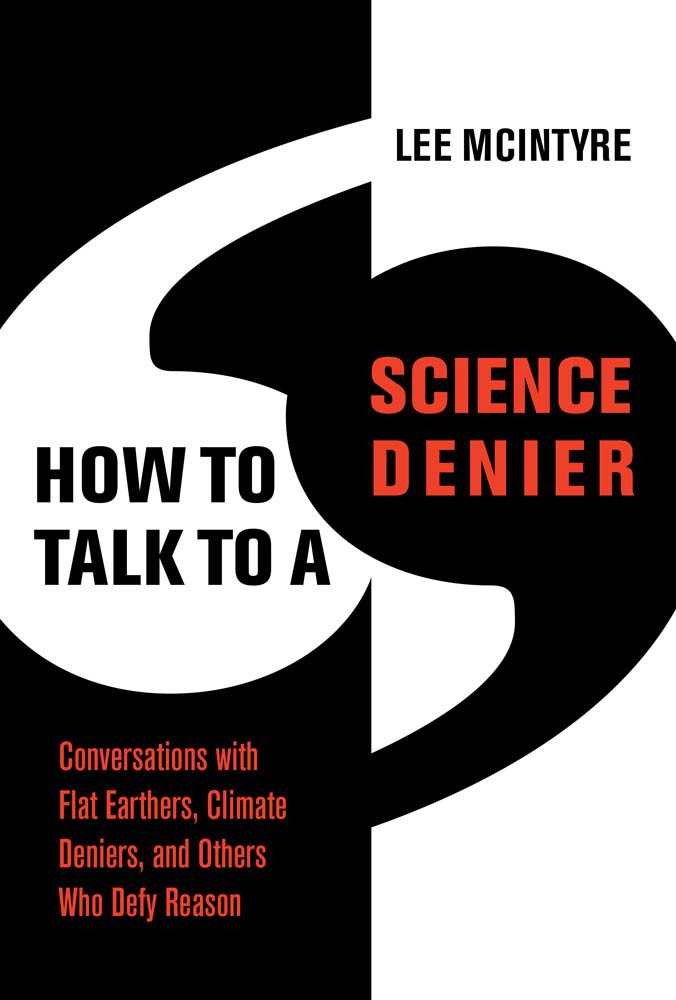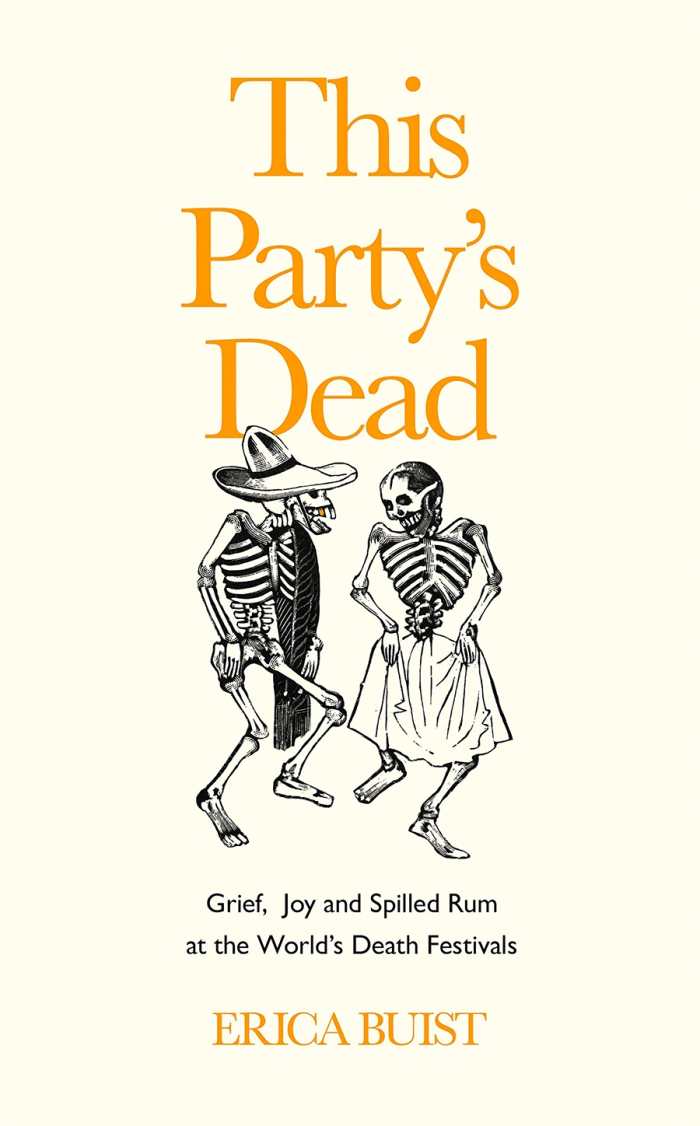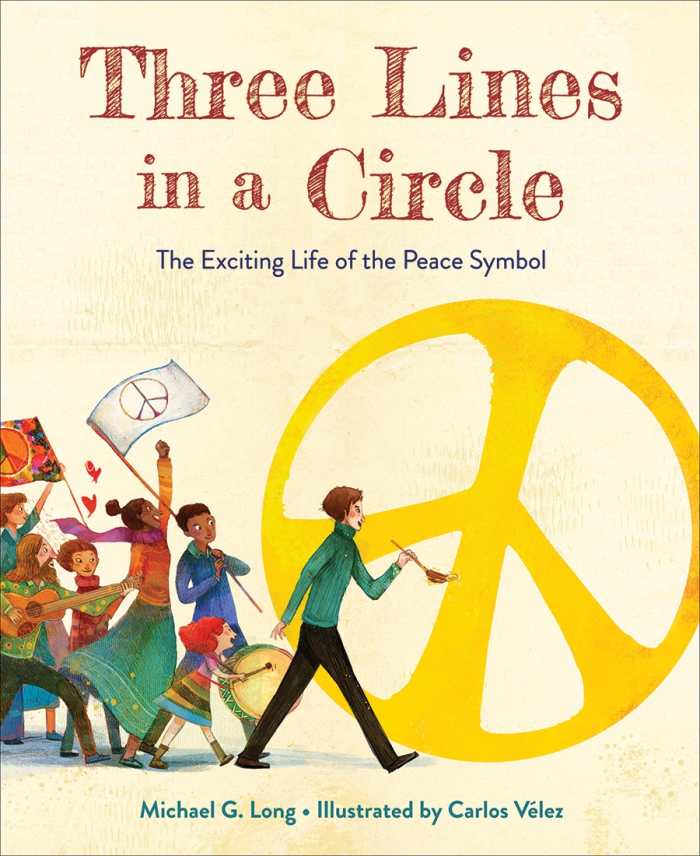Book of the Day Roundup: August 23-27, 2021
How to Talk to a Science Denier
Conversations with Flat Earthers, Climate Deniers, and Others Who Defy Reason

Lee McIntyre
The MIT Press
Hardcover $24.95 (264pp)
978-0-262-04610-7
Buy: Amazon
In How to Talk to a Science Denier, Lee McIntyre comments that “our fellow citizens don’t seem to listen to facts anymore.” Still, be the topic climate change or vaccines, he endorses respectful conversation as the best way to expose faults in reasoning.
The book opens at a flat Earth conference, where McIntyre struggles to avoid confrontations with deluded attendees. The problem is less about science, he knows, than logic. Science skeptics exhibit five common reasoning errors: cherry-picking evidence, believing conspiracy theories, relying on fake experts while denouncing real ones, succumbing to classical errors of logic, and having impossible expectations, such as that science must offer perfect solutions. But studies have shown that, with enough negativity cast on an opinion, people will back down.
McIntyre is heartened about such tipping points, but concedes that argumentation can backfire. Graphs tend to be more effective than texts at conveying opposing information, he says, and he recognizes the roles played by ego, fear, and politics. People build identities based on beliefs, so emotional context matters, and those who change their views often cite a positive influencer who engaged them at a personal level and built a relationship of trust through dialogue.
The book gilds its research with anecdotes. McIntyre is most concerned with climate change, and through travel to the Maldives and interviews with ex-coal miners in Pittsburgh, he demonstrates how the crisis affects people. Looking for a “liberal” science-denying position to balance the picture, he has discussions with two longtime friends who are resistant to GMOs.
As Covid-19 antivaxxers, like climate deniers, perpetuate dangerous myths on an accelerated schedule, misinformation must be challenged, because “science denial can kill,” McIntyre warns. Timely and founded in sound psychology, How to Talk to a Science Denier is vital reading for fraught times.
REBECCA FOSTER (August 20, 2021)
Something Wonderful

Jo Lloyd
Tin House
Hardcover $24.95 (232pp)
978-1-951142-72-8
Buy: Local Bookstore (Bookshop), Amazon
The short stories collected in Jo Lloyd’s Something Wonderful are luminous, startling, and diverse. In them, characters search for meaning, value, and truth, often describing their circumstances with wry bluntness.
In “Work,” a woman takes a job at a restaurant, believing she’ll be “making frilly garnishes out of lemons,” but ends up mopping and fetching, which she compares to “going under with the Titanic, only hot.” She befriends the sous chef, a recovering addict, who explains, “work is like dope… Sometimes it makes you high, and sometimes it makes you sick. But mostly it just softens the edges.”
The settings span eras and regions. An arrogant mine owner surveys his holdings in a “barbarous” territory and dreams of plundering the land, while his stoic horse endures his jabs and skids down a slope faced with “loose, wet scree,” dreaming of the mush that a stable boy fed her years ago. Residents of an obscure Welsh village speculate about an invisible, aristocratic family that only an eccentric recluse can see. Two elderly women hunt for rare butterflies, straining in the rugged, pre-war Balkans. After one has a debilitating stroke, the other notes with poignancy, “It would be kinder if they could go through one more metamorphosis before winter. If all that pearl and iridescence could be melted down and reshaped.” A character in another story observes that she often dwells on what’s insignificant and ephemeral, but is jolted out of her thoughts “by a bird flying by or a face in the street or the light reaching through the clouds”; she realizes that she “hadn’t even been paying proper attention while it was there.”
Fortunately, Lloyd does pay proper attention, and the stories of Something Wonderful capture telling details in a unique, powerful voice.
KRISTEN RABE (August 20, 2021)
This Party’s Dead
Grief, Joy and Spilled Rum at the World’s Death Festivals

Erica Buist
Unbound
Softcover $22.95 (320pp)
978-1-78352-954-4
Buy: Local Bookstore (Bookshop), Amazon
Erica Buist’s emotional, informative book This Party’s Dead is a stunning trip through personal grief and global death festivals.
When her partner’s father was found dead at home, Buist began to spiral. What followed was a year of grief, agoraphobia, and constant checking in with her loved ones. Knowing that not everyone can live with such constant fear, she began researching how the rest of the world handles death. Her travels took her to seven countries in total, including Nepal and Madagascar—one nation for each day that her father-in-law-to-be was dead before being discovered.
Buist highlights places where death is viewed in terms of a celebration, rather than of deep loss. She makes pit stops in New Orleans, where there are more dead people than living ones; California, where she meets a man who believes that cyborgs are humanity’s next phase; and returns to the UK, where a man’s story went viral after he kept his wife’s body in their house for six days after she passed.
Part travel journalism, part memoir, the book is respectful about focusing on how the people of different cultures approach death. Its accounts of their trauma, joy, anxiety, and humor help Buist to work her way through her own grief. With chapters dedicated to death festivals that are bookended by accounts of her future father-in-law’s death and the spreading of his ashes, Buist’s book shows how her perspective of death shifted as she began to accept it for what it is: an inevitable fact of life.
Exploring grief and celebration through the world’s death festivals, This Party’s Dead is a fantastic, death-positive memoir.
ASHLEY HOLSTROM (June 27, 2021)
Small Altars

Keli Stewart
Bronzeville Books
Hardcover $23.00 (65pp)
978-1-952427-22-0
Buy: Local Bookstore (Bookshop), Amazon
Along with her BA from Columbia College and an MFA from Chicago State University, Keli Stewart earned artist fellowships from Hedgebrook and the Augusta Savage Gallery Arts International Residency. Her work has appeared in Quiddity, Meridians, Hip Mama, and numerous other journals and publications.
a way to get born
grandma tied a towel around my belly, tight enough to girdle blackened
stomach. breasts too, to get milk out. she folded me like a sheet
or a soldier’s death flag. cotton. creases. kin. this is how she would
prepare my body. i’m a swaddled baby, a woman in a ghost sheet,
sexless, breasts collapsing underneath gauze, milk pushing through.
my soiled spots look like buttons of spray paint. i want us touching.
i want him to feel his mama. when i hold him, he roots at my wish breasts.
MATT SUTHERLAND (June 27, 2021)
Three Lines in a Circle
The Exciting Life of the Peace Symbol

Michael G. Long
Carlos Vélez, illustrator
Flyaway Books
Hardcover $18.00 (40pp)
978-1-947888-32-6
Buy: Local Bookstore (Bookshop), Amazon
Vibrant, layered protest scenes and moody evening skies seem lifted from the walls of an impressionist gallery in this picture book detailing the origins and enduring influence of the peace sign. Starting with Gerald Holton creating the peace symbol in 1958 to protest nuclear war, the book expands to reference other movements in which the symbol became ubiquitous, before ending with an encouragement for the next generation to take up the fight.
DANIELLE BALLANTYNE (June 27, 2021)
Barbara Hodge
